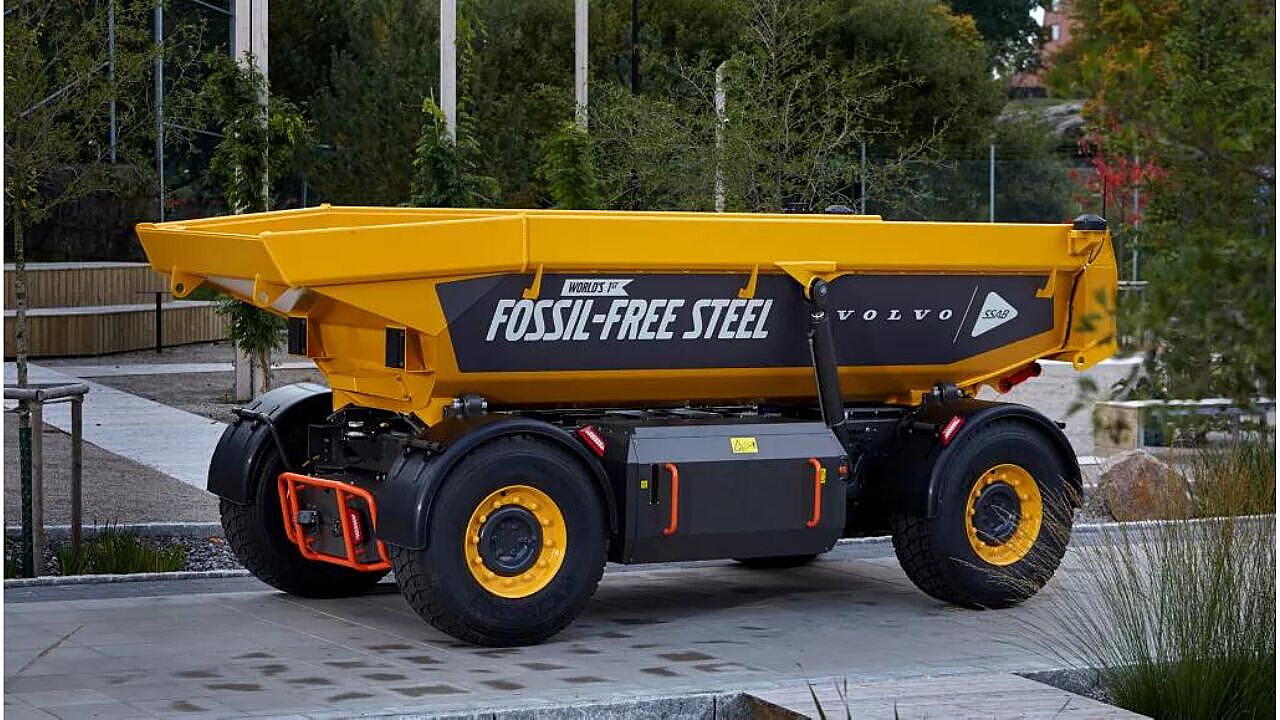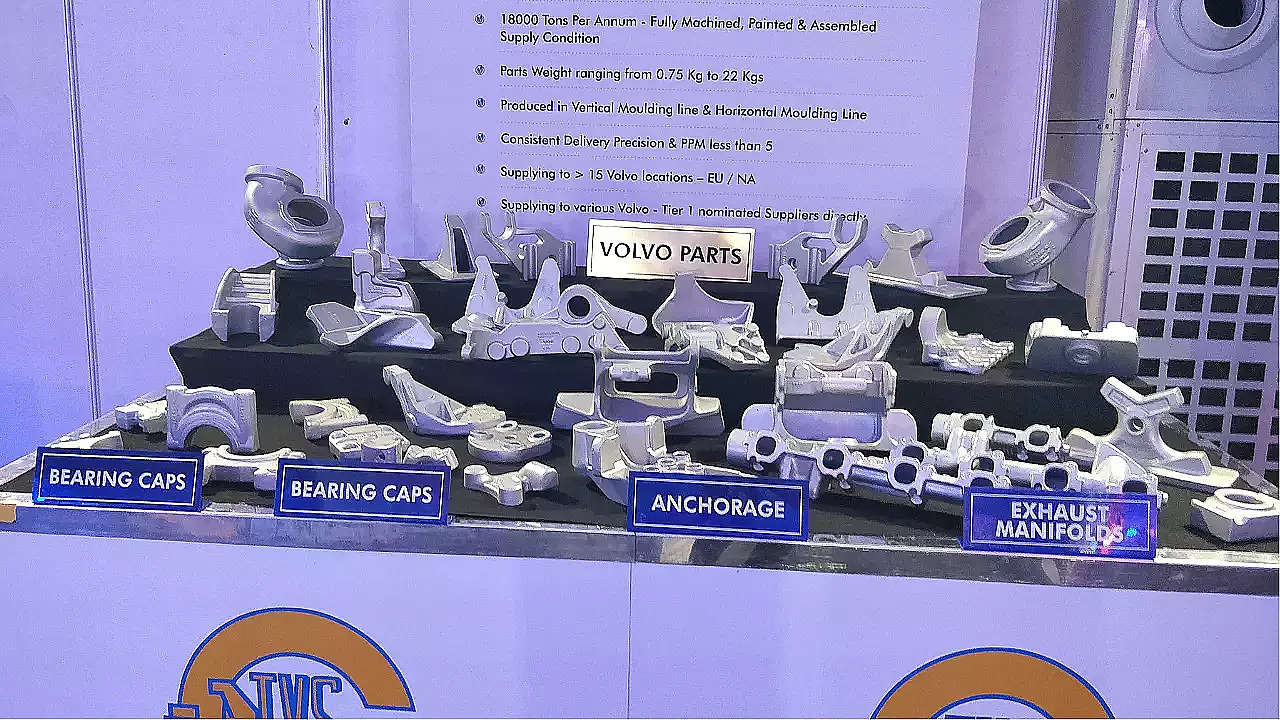
“I take off my hat for everything that has been achieved but I will take off my jacket and roll up my sleeves for the future of the planet.”
This is what a determined Martin Lundstedt, President and CEO, Volvo Group, had to say when asked about the need to address decarbonisation. It is in this context that The First Movers Coalition (FMC), a global initiative intended at harnessing the purchasing power of companies, becomes relevant.
It intends to decarbonise seven industrial sectors that account for 30% of global emissions and, from Lundstedt’s point of view, is “a link between our aspiration and execution”. These sectors comprise aluminium, aviation, chemicals, concrete, shipping, steel and trucking, along with innovative carbon removal technologies that account for 30% of global emissions.
Of these, Volvo is involved in four: steel, aluminium, shipping and trucking. “We have already delivered fossil-free construction equipment in Europe and North America. We have also begun sourcing green castings from India (Brakes India) for the world,” Lundstedt told Mobility Outlook.

This shows that FMC “also connects our vision and aspiration” which effectively means that it is in sync with the Volvo Group. For these sectors to decarbonise quickly, they need low-carbon technologies that are not yet competitive with current carbon-intensive solutions. However, the key is to reach commercial scale by 2030 in order to achieve net-zero emissions globally by 2050.
To jumpstart the market, FMC members commit in advance to purchasing a proportion of the industrial materials and long-distance transportation. They target using near-zero or zero-carbon solutions despite the higher costs.
Road Freight Demand
Demand for road freight is expected to triple by 2050. While the sector must entirely decarbonise in the same timeframe to meet the Paris Climate Agreement, Lundstedt highlighted the realities of the fragmented market, asset lifecycles and massive infrastructure adaptation. Urgent action was needed to ensure a smooth transition to the set objectives.
All these initiatives are meant to hand over the planet in better shape to the coming generations, he said, insisting that everyone, including the corporate, public and civil sectors work together to achieve the objectives. “India is on this trajectory and is a role model for the group in business, competitive technology, diversity & inclusion, talent management etc,” added Lundstedt.

He added that Volvo was stepping up R&D expenditure by 50% to 60% per year. “Capital allocation in future technologies is a long-term responsibility for the group and we need to have a strong balance sheet. We have never recirculated so much of our profits into the future,” he said.
Since Lundstedt took over the driver’s seat, there has been an organisation-wide business transformation globally within Volvo to adopt emerging technologies. This initiative, he added, was leading the group towards a strong global vision.
However, at the same time, “we strongly believe in regional leadership” to drive the business. In the case of India, “we are getting the best out of our colleagues”. While the group is celebrating its silver jubilee, it has been accelerating in not only products and services but also global competencies in the last 4-5 years.
“We have several global competencies platforms in India, including Group R&D, Group Digital & IT, Finance Control and Accounting, Sourcing and Purchasing. All these are for India and the world,” said Lundstedt.
According to him, logistics costs in India were over 17% of GDP compared to 15% a couple of years ago. Manufacturing has been efficient, but there is a lag in transportation and logistics. Addressing the issue will be a “huge opportunity” for everyone, he said.
India – Key Global Footprint
“India, for us, is one of the key global footprints. When we imagine Volvo Group in 2040, where everything that we do must be fossil-free and circular, we need to co-create products and services around the globe in markets with a lot of imagination,” continued Lundstedt.
This is precisely what it is focusing on with biofuels, hydrogen, electric mobility, digital capabilities, manufacturing technologies etc. He said there were many global organisations operating out of India and, for a decade, they adopted an offshore strategy. Today, these organisations are responsible for global platforms as leaders, declared Lundstedt.
Also Read: